At the inaugural G20 Foreign Ministers’ Meeting under South Africa’s G20 Presidency, President Cyril Ramaphosa urged world leaders to embrace collaboration and inclusivity in addressing pressing global issues. He highlighted the interconnected nature of modern crises—including geopolitical tensions, climate change, food and energy insecurity, rising intolerance, and global health threats—stressing that coordinated action is essential.
Delivering his address in Johannesburg, Ramaphosa emphasized the historic significance of Africa hosting the G20 Leaders’ Summit later this year, arguing that African nations must have a greater say in global discussions on sustainable development, digital transformation, and the shift to green energy.
An Opportunity for Greater Global Cooperation
Despite mounting tensions between global powers—particularly between South Africa and the U.S., and ongoing friction between the U.S. and the European Union—Ramaphosa remained steadfast in his belief that the G20 Summit presents a critical platform for fostering stronger partnerships between Africa and the rest of the world.
“The world looks to the G20 for leadership in addressing the most urgent global challenges,” he said. “Just as early human progress was built on cooperation, today’s crises demand solidarity, partnership, and inclusivity. That is why South Africa has placed these principles—solidarity, equality, and sustainability—at the heart of our G20 Presidency.”
Acknowledging the divergence of views among G20 nations, which collectively represent two-thirds of the world’s population, Ramaphosa called for decisions that reflect the needs of all nations, not just a select few.
“The G20 must lead the charge for people, planet, and prosperity,” he declared. “By working toward a shared purpose, we can chart a new course for human progress—one that is rooted in fairness, cooperation, and sustainability.”
Urgent Call for UN Reform and Global Conflict Resolution
Ramaphosa reiterated South Africa’s long-standing demand for the reform of the United Nations (UN), particularly the UN Security Council, arguing that it must become more inclusive, agile, and responsive to modern challenges.
Addressing ongoing global conflicts—including those in Ukraine, the eastern Democratic Republic of Congo (DRC), Sudan, the Sahel, and Gaza—he condemned the human toll and destabilizing effects of these crises.
“Wars and conflicts are deepening global insecurity and exacting a heavy toll on innocent civilians,” he said.
He welcomed the ceasefire agreement between Israel and Hamas, calling it a crucial first step toward ending Palestinian suffering in Gaza. However, he stressed that this must pave the way for a permanent and just resolution, in alignment with UN resolutions, international law, and globally recognized peace frameworks.
“Our own history in South Africa has shown that peace is only possible through dialogue. As the G20, we must stand firm in advocating for diplomatic solutions to conflicts worldwide.”
South Africa’s Key G20 Priorities
Under its G20 leadership, South Africa has outlined a clear agenda focused on:
- Climate change action and disaster resilience
- Debt sustainability and economic reform
- Just energy transition financing
- Harnessing critical minerals for sustainable development
Ramaphosa highlighted that developing nations—especially in Africa—face disproportionate risks due to climate change, while also grappling with unsustainable debt burdens.
“Many developing economies are paying the highest borrowing costs in nearly two decades, diverting resources away from critical areas like education and healthcare,” he warned.
He called on the G20 to intensify efforts to relieve debt pressure, particularly for African nations, pointing out that over 3.3 billion people currently live in countries where debt interest payments exceed government spending on essential public services.
On climate finance, Ramaphosa made a strong case for developed nations to step up support for developing countries.
“While all nations must take responsibility for combating climate change, those most responsible for the crisis have a duty to assist those least responsible in mitigating its effects,” he stated.
He urged G20 leaders to commit to enhanced climate finance for developing economies, including:
- Strengthening multilateral development banks
- Scaling up Just Energy Transition Partnerships
- Mobilizing private capital for green projects
Promoting Africa’s Green Industrialization
Ramaphosa also highlighted Africa’s vast potential in the global energy transition, particularly in critical minerals required for clean technologies. He stressed the need for value addition and beneficiation to ensure that African nations benefit from their own natural resources.
“South Africa is committed to advancing the recommendations of the 2024 UN Secretary-General’s Panel on Critical Energy Transition Minerals,” he said.
A Presidency Rooted in Action
As South Africa leads the G20 in 2025, Ramaphosa made it clear that the country’s focus is on driving inclusive global economic growth, championing African interests, and ensuring a fairer international system.
“With cooperation as our greatest strength, let us find common ground, engage constructively, and build a future based on solidarity, equality, and sustainability,” he concluded.
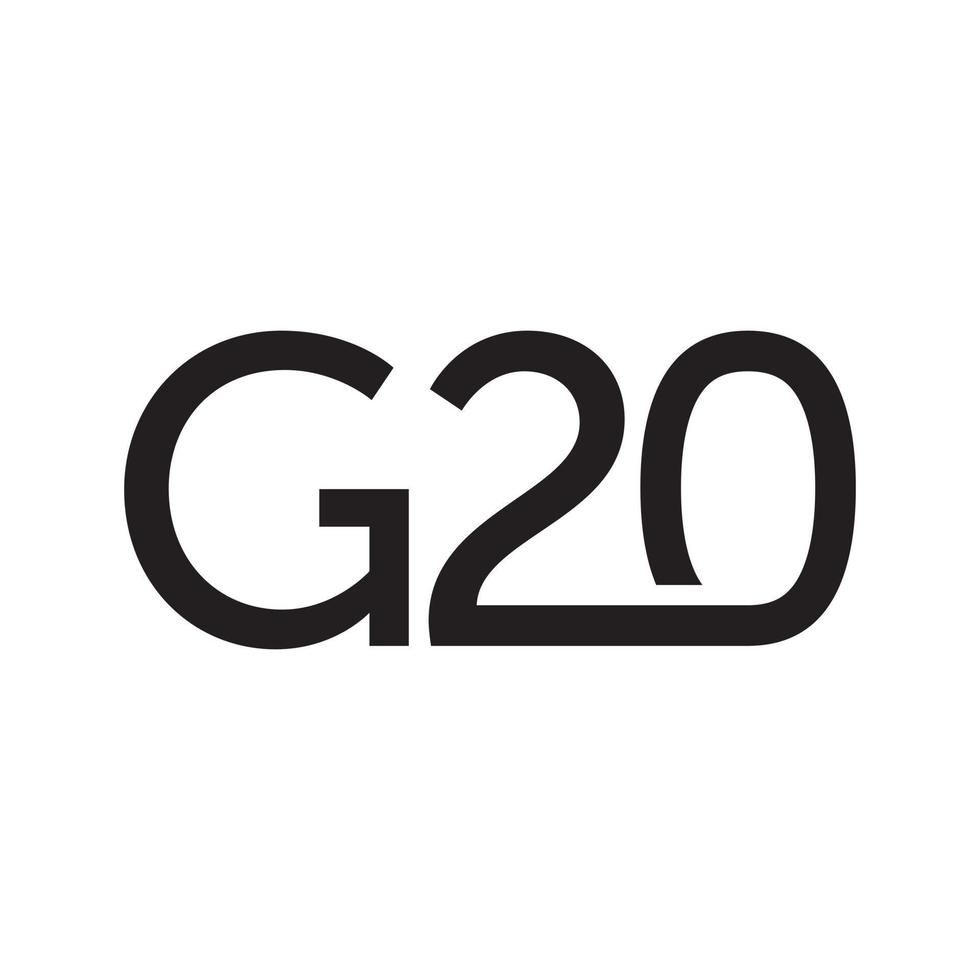
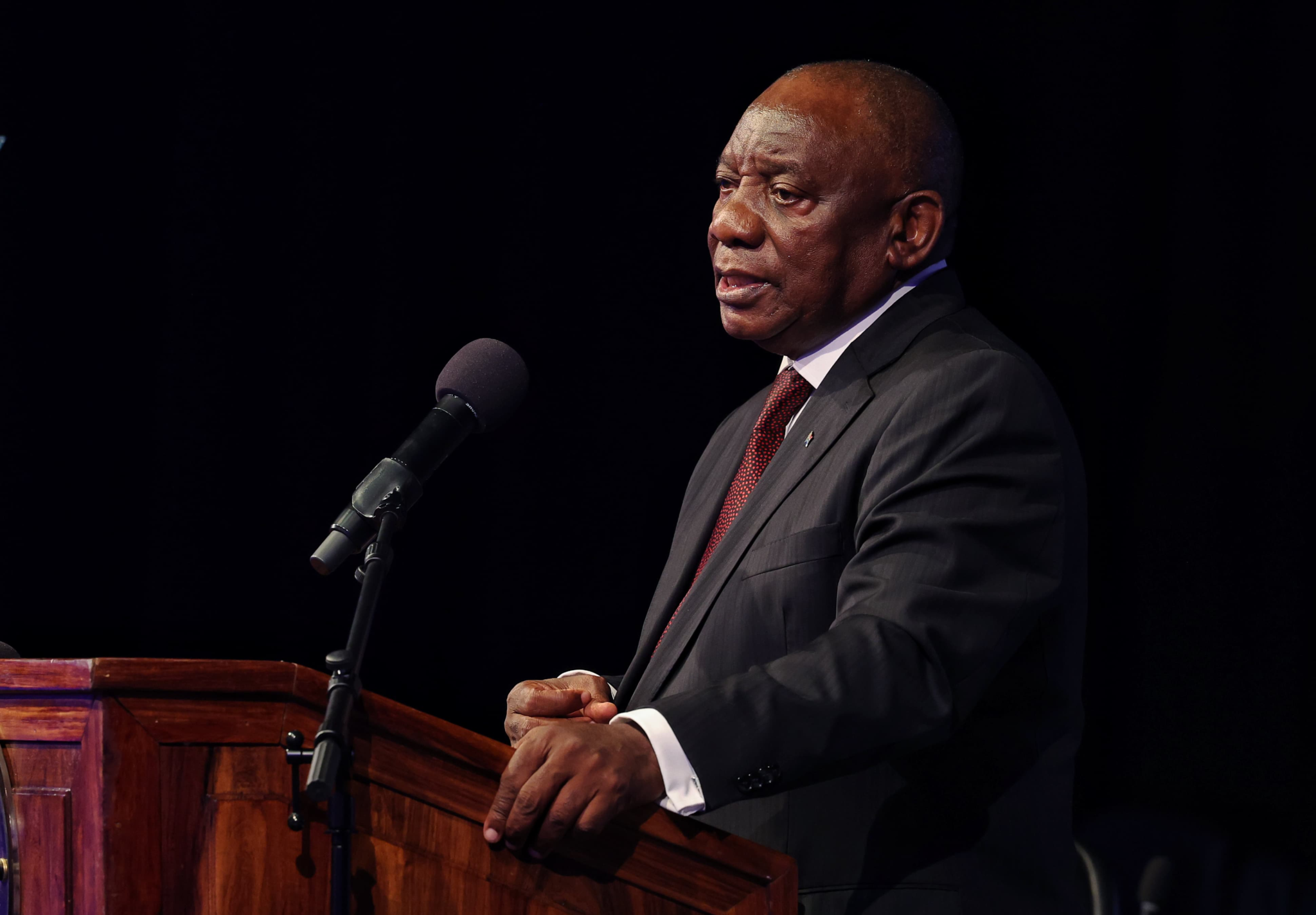


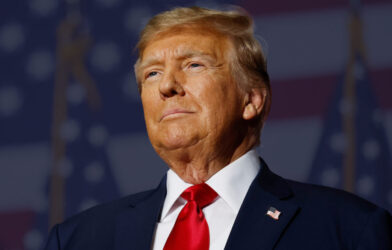
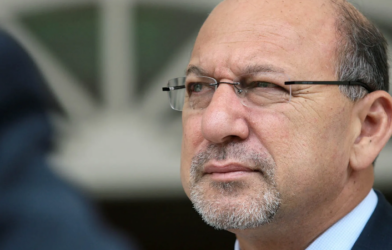
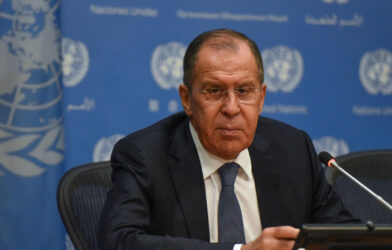

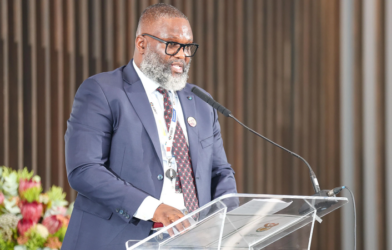
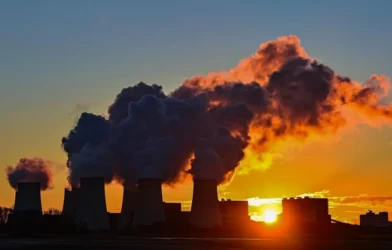
Comments are closed